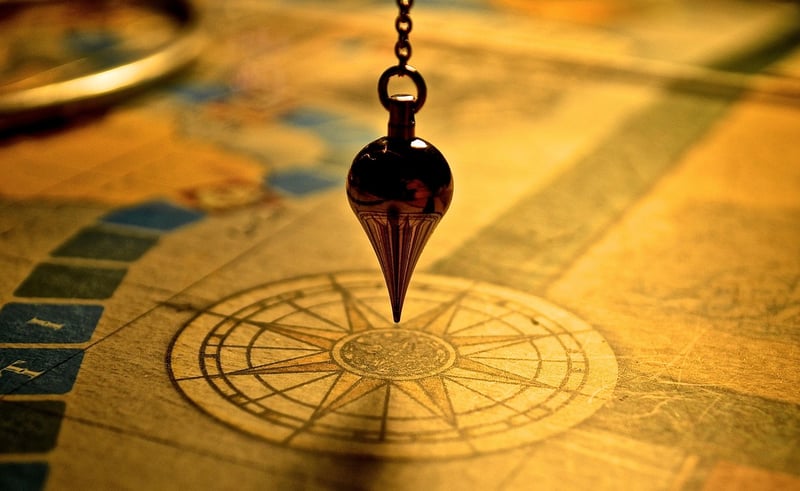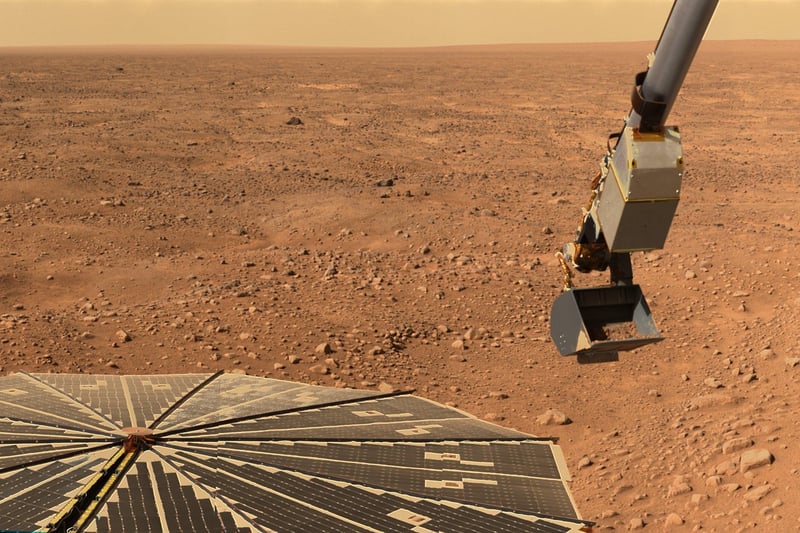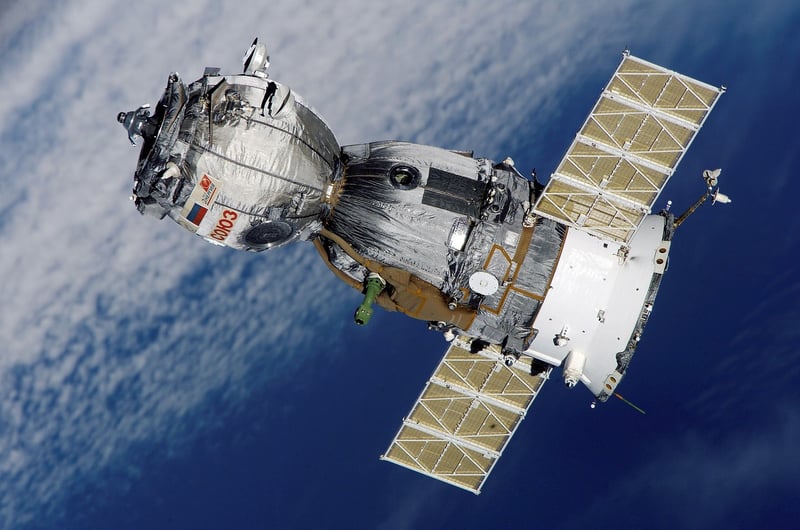Future Exploration
The Evolution of Exploration through Different Eras and Future Prospects
Ancient Exploration
Ancient exploration was driven by curiosity and the quest for resources. Civilizations like the Phoenicians, Greeks, and Romans undertook voyages for trade, conquest, and knowledge. The Silk Road and the voyages of explorers like Pytheas and Marco Polo are notable examples.

Age of Discovery
The Age of Discovery saw European explorers like Christopher Columbus, Vasco da Gama, and Ferdinand Magellan navigate uncharted waters, leading to the discovery of new lands and trade routes. This era transformed global trade and shaped modern geopolitics.

Space Exploration
Space exploration began in the 20th century with the launch of Sputnik by the Soviet Union. The Apollo missions by NASA culminated in humans setting foot on the moon. Today, numerous countries and private companies are involved in exploring Mars, asteroids, and beyond.

Future Exploration
The future of exploration holds exciting prospects. Advancements in robotics, artificial intelligence, and space technologies are paving the way for manned missions to Mars, asteroid mining, and deep space exploration. The quest to understand our universe continues to inspire innovation.

Conclusion
Exploration has been a fundamental aspect of human history, driving progress and expanding horizons. From ancient voyages to modern space missions, each era has contributed to our understanding of the world and the cosmos. As we look to the future, the spirit of exploration remains a beacon of hope and discovery.
